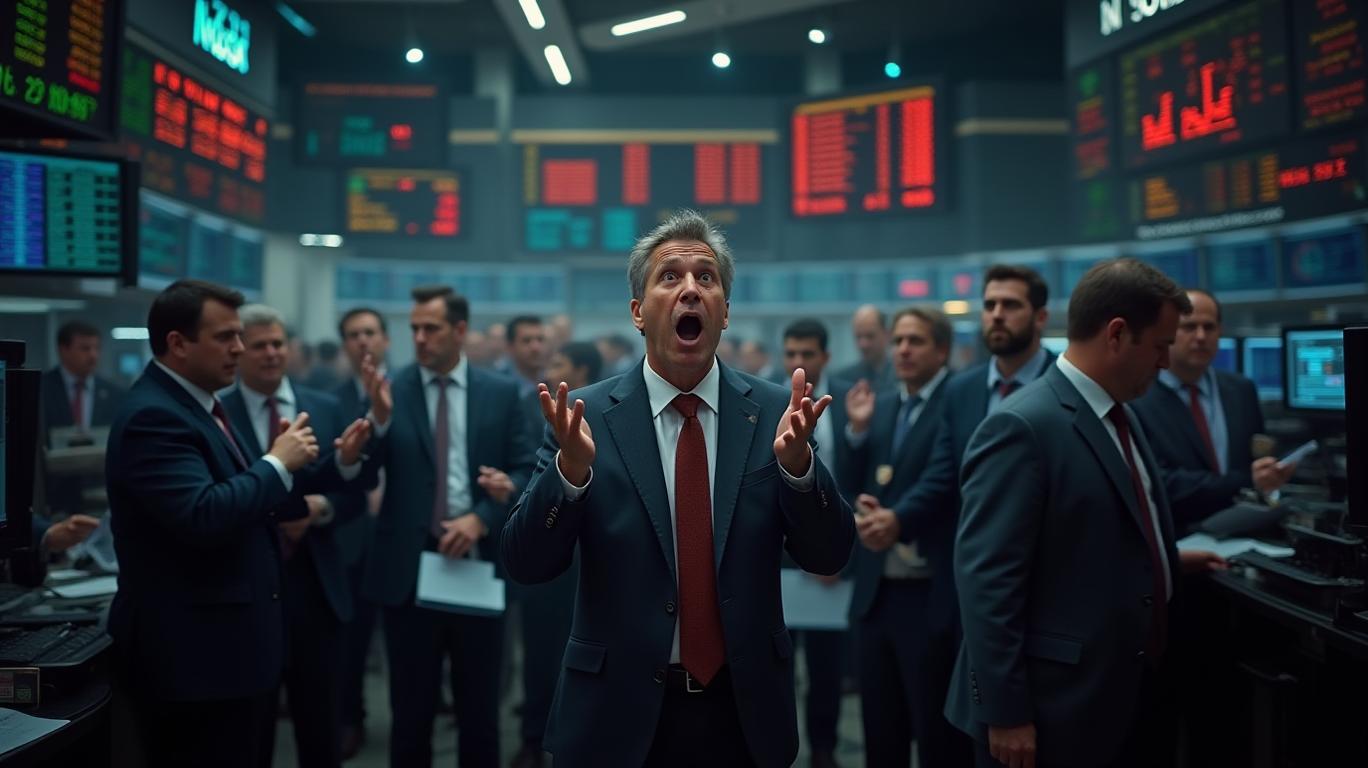China Hikes Tariffs on US Imports by 50% Amid Trade Tensions
China has announced a significant increase in tariffs on selected US imports, raising them from 34% to 84%, effective April 10 at 12:01 P.M. Beijing time. This move is a direct response to Washington’s decision to increase its tariffs on Chinese goods just two days earlier. The Chinese government stated that the US’s practice of escalating tariffs is a mistake that infringes on China’s legitimate rights and interests and damages the rules-based multilateral trading system.
Despite the escalating trade tensions, Bitcoin has shown resilience, trading at $76,298, down 4% in the past 24 hours. The news of the tariff hike had little impact on Bitcoin’s price, indicating that investors may be looking beyond traditional markets for stability.
In addition to retaliating with tariffs, China is making strategic moves in the financial sector. Reports suggest that the People’s Bank of China (PBOC) has instructed major state-owned banks to reduce US dollar purchases, especially for internal trading. There are also growing reports that China may begin selling off its US Treasury holdings, which amount to over $760 billion. A large-scale sell-off could raise the US’s borrowing costs, especially with a Treasury auction on the horizon.
Venture capitalist Chamath Palihapitiya suggested that the rumored asset sales might be strategic noise to stir uncertainty. However, he acknowledged that if China does follow through, the consequences could be significant, possibly forcing the US to delay its bond issuance. As traditional markets brace for further instability, investors are looking elsewhere for safety.
Bitcoin, often seen as a hedge during financial stress, is again drawing attention. Analysts believe that prolonged trade tensions and weakening trust in fiat currencies could push capital into digital assets. SinaSYNA-- G, co-founder of a crypto investment firm, said, “Bitcoin isn’t just a hedge anymore. It’s becoming a necessity in a world looking for stability outside the control of any one nation.”

Quickly understand the history and background of various well-known coins
Latest Articles
Stay ahead of the market.
Get curated U.S. market news, insights and key dates delivered to your inbox.



Comments
No comments yet